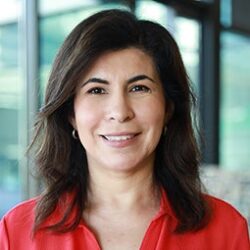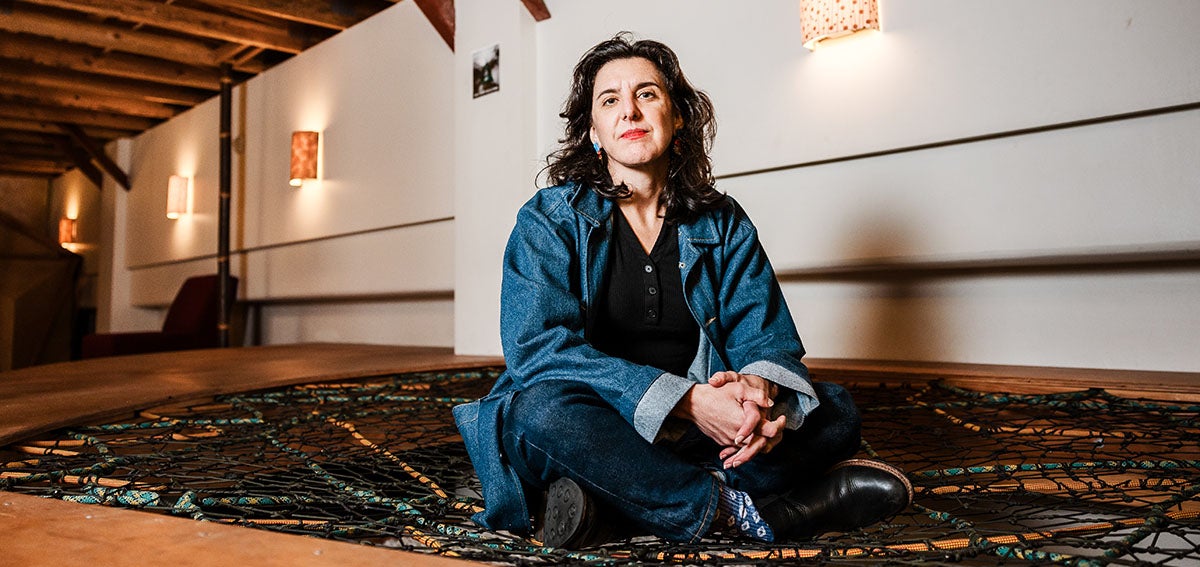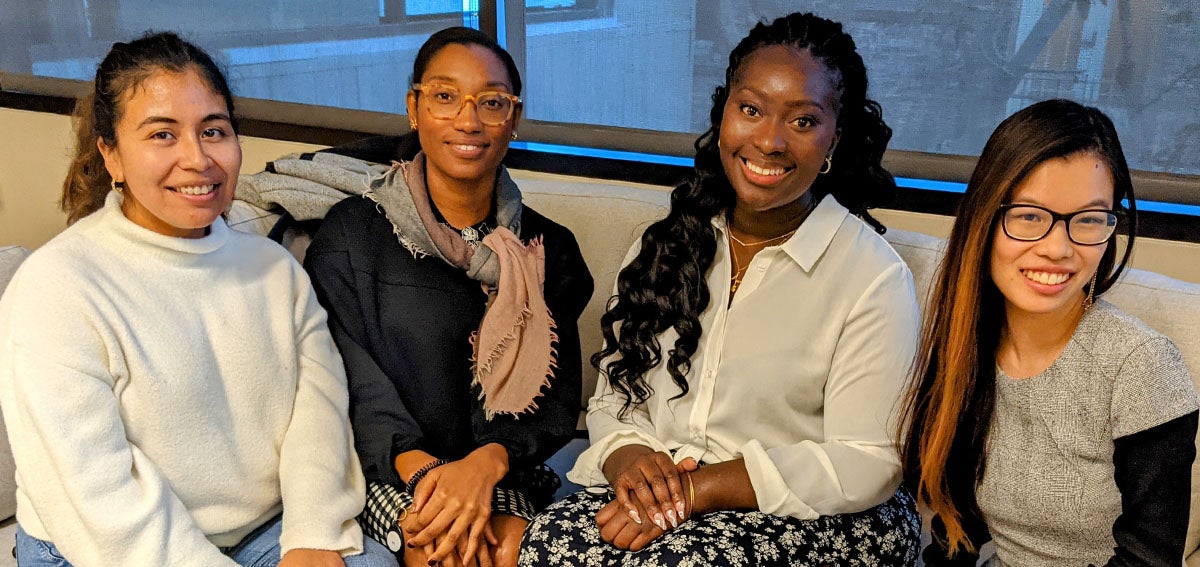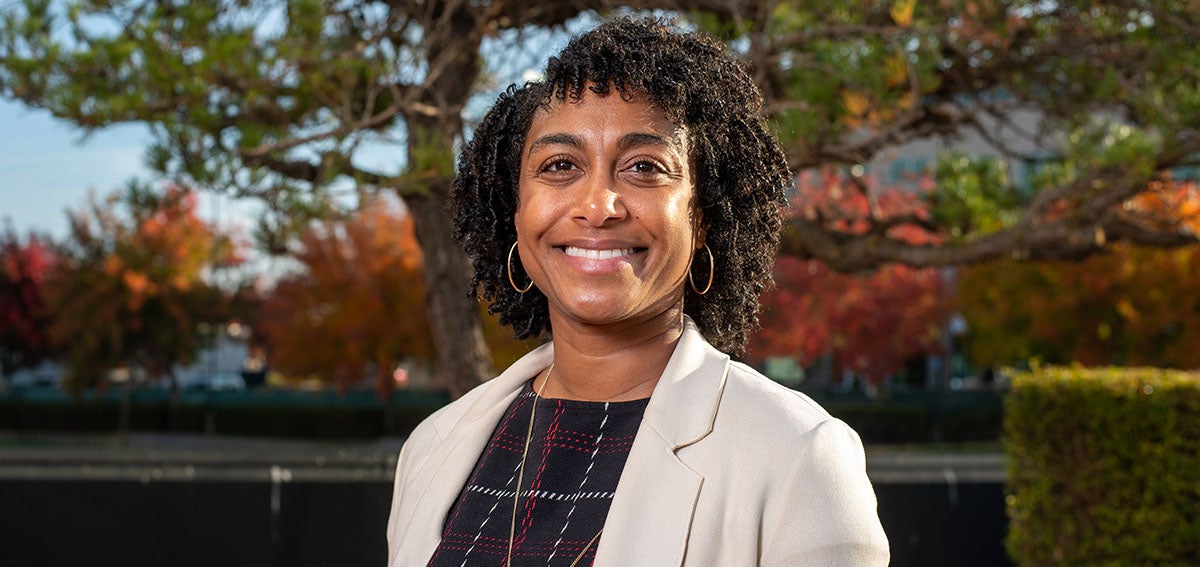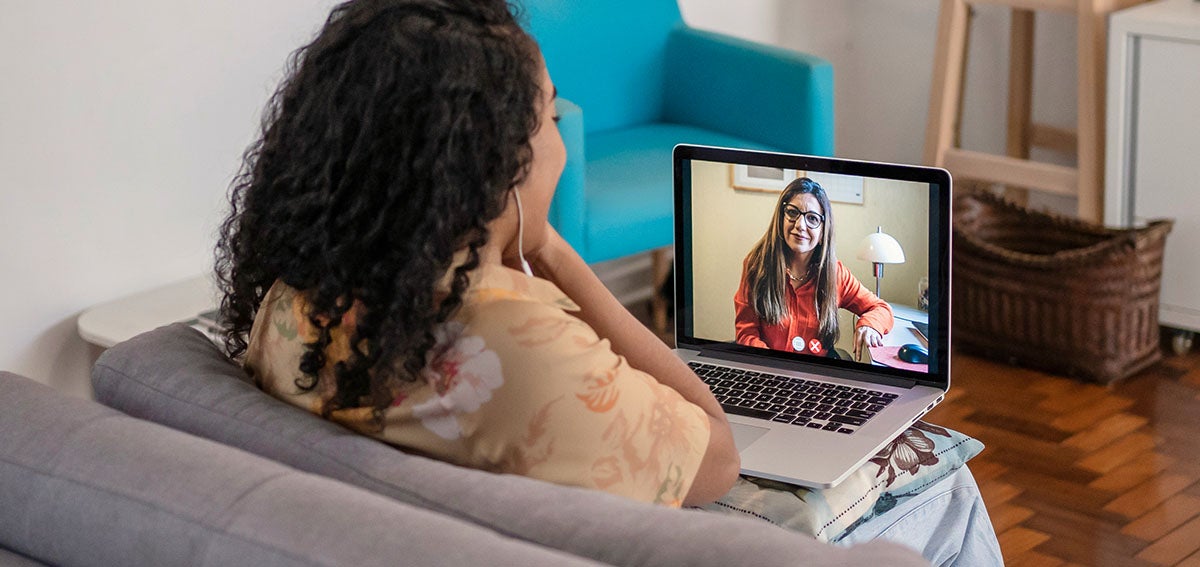
Anxiety. Stress. Workplace challenges. Like so many of us, Luis Emilio Suarez struggled with improving his mental health, especially during the pandemic. As a native Spanish speaker, he had firsthand experience with the challenges of getting care.
Realizing there were many others like him struggling in silence and in stigma, Suarez initially grappled with the personal and societal costs of doing nothing. Then, he acted. Suarez launched Sanarai, a health tech company that offers easy, affordable, and culturally responsive therapy through telehealth. Sanarai is more than a virtual therapists’ office. The company demonstrates what it’s like to provide quality care at an affordable cost and shows that it’s possible to build a sustainable enterprise focused on health equity.
The California Health Care Foundation is a strategic investor in health care innovations like Sanarai and seeks to work with new social entrepreneurs and co-investors. Learn more about this work through our podcast, Making Waves in Health Tech, in which Janet Boachie and I speak with innovator-partners who have made health care more accessible – especially for those who face the greatest obstacles to getting the health care they need.
Here is an excerpt of our interview with Sanarai’s Luis Suarez:
Boachie: What is Sanarai? Can you tell us about what you’ve created?
Suarez: We are a mental health platform for Spanish speakers. Our mission is to increase the access of the Latino community in the US, Mexico, and Argentina to culturally sensitive, Spanish-language emotional support at accessible prices.
Martinez: Can you walk us through what the experience of a user would be like?
Suarez: It’s very easy to book a session online. We have different types of sessions. We have an initial consultation, which is $20, where you meet a psychologist to see if you’re comfortable with them. We have an individual session that’s $49 for 50 minutes, and we have the option of a couple’s session that’s $59, also for 50 minutes. We have next-day availability. So, you’ll see all of their calendars, and you can find the time that works with your schedule and then just go ahead and book it. We take payment through the platform. You’ll receive a confirmation, a link to your session, and reminders for your appointments.
Martinez: You mentioned culturally and linguistically appropriate care. As a Latina having sought out mental health services myself and for family members, it’s very difficult to find providers who speak Spanish and who understand the culture. Can you talk a little bit about why it’s important to have this type of appropriate care for Spanish speakers?
Suarez: Totally right. That’s why we exist, because there’s a massive gap to cover the Latino community’s needs in terms of mental health, right? And just to put it in perspective, only 5% of mental health professionals in the US speak Spanish versus 13% of the population that speaks Spanish at home.
And then, treatment rates are way below the average. With booming demand for services and a shortage of mental health professionals, the problem is exacerbated for the Latino community. These numbers make it three times as hard to find services in Spanish.
It’s not only the language piece, but also that cultural component. One of our clients loved that their therapist could understand that when their mom came from Latin America for a visit, she stayed with them for a month in their apartment — and that was not crossing boundaries, right? That’s something that is not unusual in the Latino community.

Listen to the full conversation here, and catch future episodes by following Making Waves in Health Tech on Spotify, Apple, Amazon, or wherever you get podcasts.
Authors & Contributors
